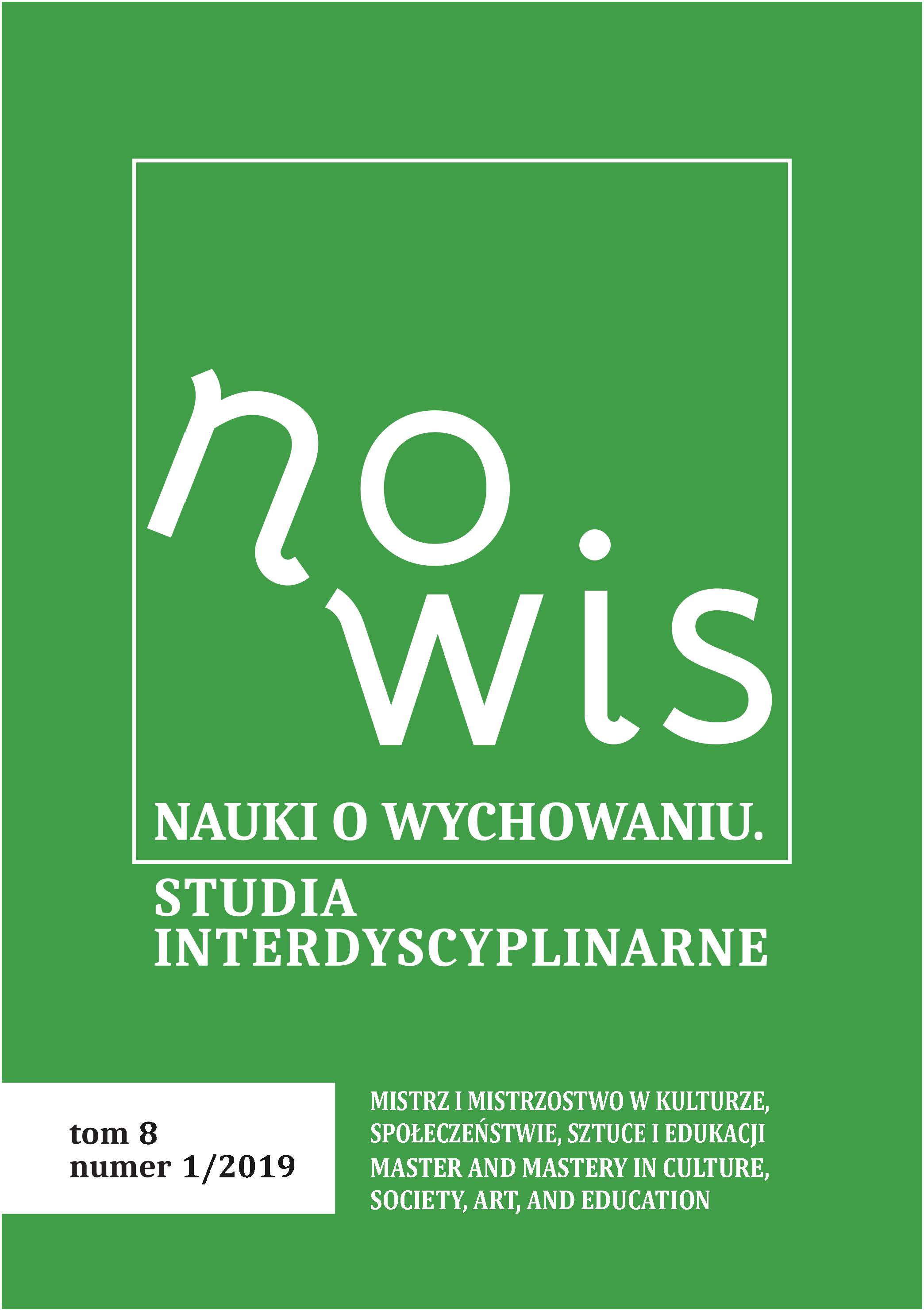On the Need of a Master in the World of Science: A Reflection on the Master-Student Relationship
DOI:
https://doi.org/10.18778/2450-4491.08.03Keywords:
craftsman, master, conjugated careers, coherence of the classification system, group structureAbstract
The article is an attempt at a reconstruction of master-student relationships which are constructed in the area of science. That analysis is based on the conceptions of Richard Sennett (craftsman and master) and Mary Douglas (grid and group). It presents a characterization of four different types of relationships that was created in the presence or absence of common paradigmatic foundations (coherent tools of categorizing the examined reality) and structural dependencies (regarding material resources, laboratory equipment, etc.) which can be referred to specific areas of knowledge. The paper also draws attention to the diverse needs of the masterstudent relationship in the natural sciences and also social sciences and humanities, as well as underlining possible consequences in this dimension caused by the principles of parameterization of scientific activity.
References
Douglas M. (2004) Symbole naturalne: rozważania o kosmologii, tłum. E. Dżurak, Kraków, Wydawnictwo Uniwersytetu Jagiellońskiego.
Google Scholar
Douglas M. (2011) Jak myślą instytucje, tłum. O. Siara, Warszawa, Wydawnictwo Naukowe PWN.
Google Scholar
Fleck L. (1986) Powstanie i rozwój faktu naukowego: wprowadzenie do nauki o stylu myślowym i kolektywie myślowym, Lublin, Wydawnictwo Lubelskie.
Google Scholar
Flis A., Kapralski S. (1989) Kulturowe mechanizmy rozwoju nauki w: Racjonalność, nauka, społeczeństwo, H. Kozakiewicz, E. Mokrzycki, M. J. Siemek (red.), Warszawa, Wydawnictwo Naukowe PWN, s. 84–108.
Google Scholar
Fuchs S. (1992) The Professional Quest for Truth: A Social Theory of Science and Knowledge, New York, SUNY Press.
Google Scholar
Glaser B. G. (1964) Organizational Scientists: their professional careers, Indianapolis –New York–Kansas City, The Bobbs-Merrill Company.
Google Scholar
Kempny M., Szmatka J. (1992) Współczesne teorie wymiany społecznej: zbiór tekstów, Warszawa, Państwowe Wydawnictwo Naukowe.
Google Scholar
Kuhn T. S. (2001) Struktura teorii naukowej, tłum. H. Ostromęcka, Warszawa, Fundacja Aletheia.
Google Scholar
Leszniewski T. (2013) Autorytet w nauce a proces wytwarzania wiedzy, „Przegląd Badań Edukacyjnych”, nr 1 (16), s. 53–64.
Google Scholar
Sennett R. (2012) Szacunek w świecie nierówności, tłum. J. Dzierzgowski, Warszawa, Warszawskie Wydawnictwo Literackie Muza.
Google Scholar
Wagner I. (2005) Sprzężenie karier. Konstrukcja karier w środowiskach artystycznych i intelektualnych, „Przegląd Badań Jakościowych”, nr 1 (1), s. 20–41.
Google Scholar
Znaniecki F. (1984) Społeczne role uczonych, wyd. 1, Warszawa, Państwowe Wydawnictwo Naukowe.
Google Scholar
Downloads
Published
How to Cite
Issue
Section
License

This work is licensed under a Creative Commons Attribution-NonCommercial-NoDerivatives 4.0 International License.





 The journal's website, created and edited by the NOWiS Editorial Team on the Index Copernicus platform:
The journal's website, created and edited by the NOWiS Editorial Team on the Index Copernicus platform: 





